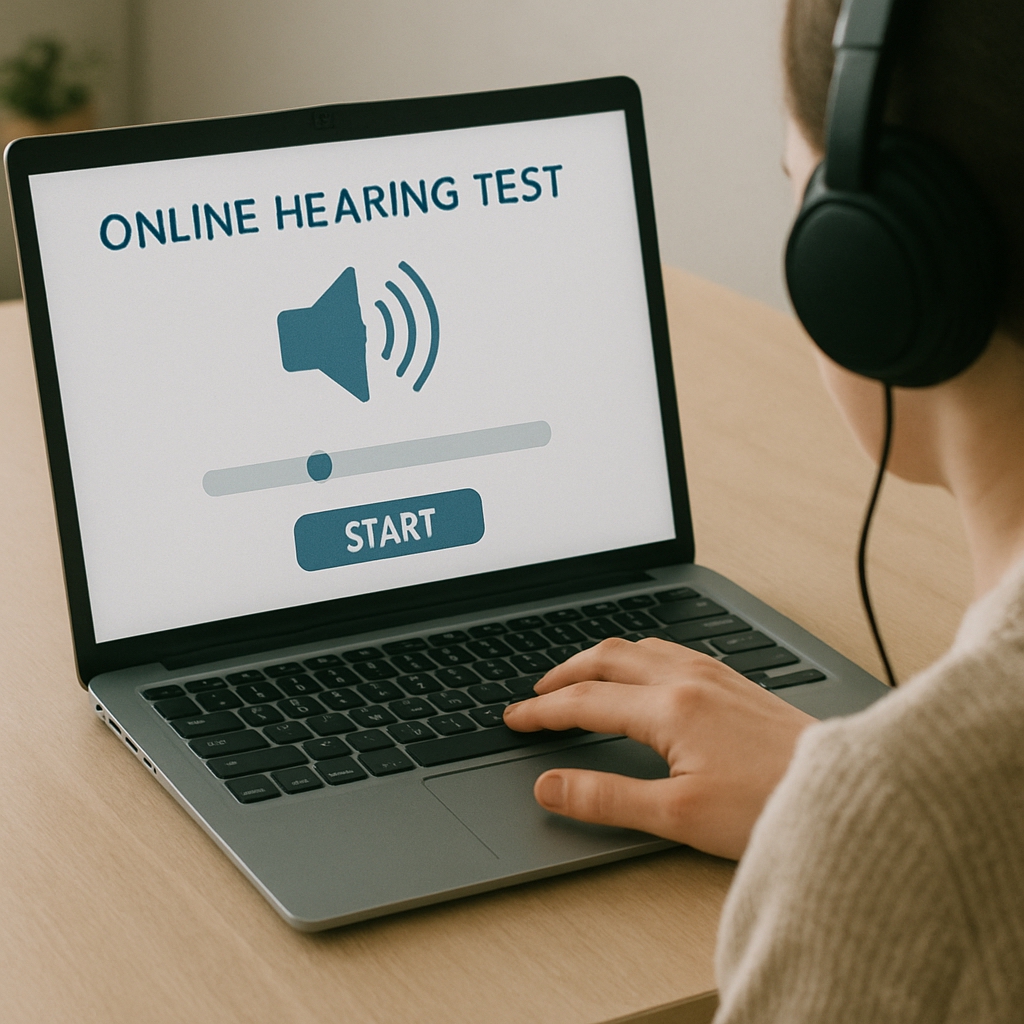A Brief History of Hearing Loss

In our current world of high tech, Bluetooth enabled, and discreet hearing aids, it’s easy to forget that hearing loss long outdates the modern advances of today. In fact, hearing loss has existed throughout human history. The history of deafness has not been well documented throughout history, however we do have some clues. Follow this timeline for a brief history of what we know about the deaf community and hearing loss throughout time.
Iraqi Kurdistan – over 10,000-45,000 years ago
When studying the skeletal remains of our human ancestors for evidence of hearing loss, we are limited only to conductive hearing loss. Conductive hearing loss is a hearing loss that occurs because sound cannot physically make it into the inner ear. Some conductive hearing loss can be caused by bony growth around the ears that blocks sounds from entering the ear drum. A group of 10,000-year-old human remains which were buried at Shanidar Cave, an archaeological site located on Mount Bradost in Iraqi Kurdistan, had external auditory exostoses (bony growths in the ear canal). For two of the discovered skeletons, the degree of exostoses was severe enough to have impacted the person’s ability to hear.The date for deafness may be pushed back even further than human history. Evidence of conductive hearing loss has been found in Neanderthal skeletons dating as far back as 35,000-45,000 years ago.
Egypt – 1500 BC
The earliest known written record pertaining to hearing loss was found in ancient Egypt – dating back to 1550 BC. In the Ebers Papyrus, a remedy for “Ear That Hears Badly” is described. The remedy involves injecting olive oil, red lead, ant eggs, bat wings and goat urine into the ears. We wouldn’t want to try this - makes hearing aids sound pretty good to even the most reluctant, right? It is unknown if this remedy was aiming to cure temporary hearing loss due to excess wax buildup or more permanent or sensorineural hearing loss. Ancient Egyptians were encouraged to be kind and compassionate to all people with disabilities, including those with hearing impairment.
Greece – 350 BC
Ancient Greek philosophers Plato and Aristotle first wrote about the deaf community in the early 10th century. Unfortunately, their view of people with deafness or who were mute was not very positive. The philosophers wrote that the “ability to reason was intrinsically linked with the ability to speak.” What the philosophers meant by this was that those who were deaf “from the first” (which is thought to mean birth or before learning to speak) were unintelligent. Ancient Greeks also make the first known references to sign language. Plato writes, “‘If we had no voice or tongue, and wished to make things clear to one another, should we not try, as dumb [mute] people actually do, to make signs with our hands and head and person generally?” Although ancient Greek philosophers did not view members of the deaf community very highly, their mention of them does note the existence of hearing loss during this time.
Burgundy – early 1000s AD
It is believed that the first reference to specific signs comes not from members of the deaf community, but from the monks of ancient Burgundy. In order to honor and keep their strict vow of silence, the monks created complicated signs in order to communicate with one another. These hand signals had eventually come to be known as “Cluniac sign language” and had a major impact on monasteries all across Europe. Cluniac sign language is also thought to be the inspiration for the manual alphabet (or finger spelling) that was invented in Spain at the first deaf school in the mid 1500s.
Oña, Ecuador – 1500s
As mentioned earlier, the first known deaf school was started by Benedictine Pedro Ponce de Leon in the mid-1500s. Benedictine Ponce de Leon is credited with being the “first teacher of the deaf.” Ponce de Leon taught his students to speak audibly, and also worked with them on writing and understanding the sign language he had created. Most of Ponce de Leon’s students were the children of wealthy aristocrats who could afford the expensive tutoring.Benedictine Ponce de Leon’s school for the deaf and attitude towards the deaf community were very progressive at the time. The common belief throughout Europe at this time was that deaf children were too simpleminded to be educated.
Atlanta, Georgia – Today
Luckily for us, we have access to modern technologies that can acutely identify hearing loss – as well as many incredible treatment options. If you’ve noticed changes in your hearing, reach out to our friendly team at Atlanta Hearing Doctor today. We look forward to helping you on your journey to better hearing.
Send us a message
Feel free to reach out to us for any questions you may have or to schedule an appointment. Our team is here to provide you with the support and information you need. We look forward to assisting you!
Email us
Give us a call





